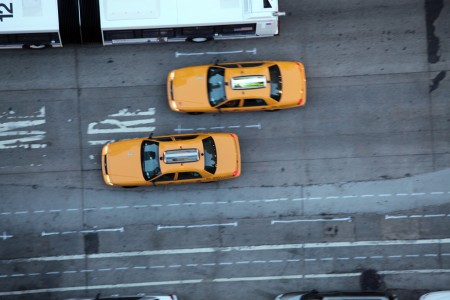Responding to criticism about Canada’s decision to purchase 65 Lockheed-Martin Joint Strike Fighters (F-35), through a sole source contract for a total cost of about $16 billion, the government has twice highlighted interceptions of Russian bombers as justifications for the purchase.
Does this analysis make any sense?
Partly, it comes down to what the Russians are trying to do. If they just wanted to obliterate Canada, they would do so using ground- and submarine-based ballistic missiles, and perhaps cruise missiles. There would be no reason to send vulnerable bombers into Canadian airspace. On the other hand, just as NATO regularly tests Russian air defence systems, the Russians could be flying into Canadian territory to provoke us into pointing RADAR in their direction, so they can try to suss out what capabilities we have. Finally, the flights could be an attempt to assert sovereignty or de facto control over the Arctic.
In the foreseeable future, the only plausible path to a war with Russia would be an invasion of a central European country prompting an armed response from NATO. In such a circumstance, Canadian Joint Strike Fighters could conceivably be useful. They could also potentially be useful in conflicts like Afghanistan, where air superiority and close air support are clear advantages for Canada and its allies. Also, purchasing Joint Strike Fighters could help keep Canada in the good graces of the United States, especially given how politically savvy the big defence companies are, and how strategic they are about spreading big weapon contract jobs across the country.
Does that justify a price tag of around $500 per Canadian? Does it justify whatever ‘collateral damage’ will result from the purchase of the jets?






